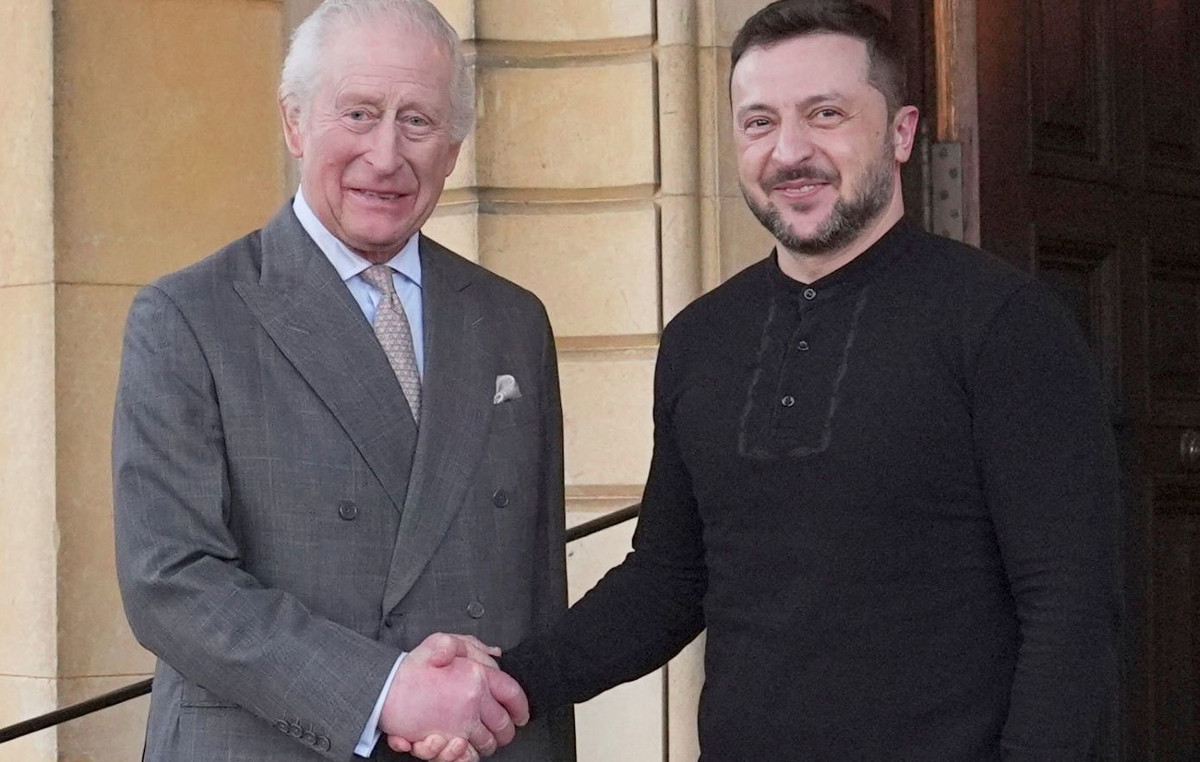After forming a majority this Friday (25), the Federal Supreme Court guaranteed the “lifetime review” to INSS retirees. The rule gives them the right to ask the court to include all their contributions to the INSS in the calculation of the average salary, including those prior to July 1994.
The trial had begun in June of last year, but was suspended after a request for inspection by Minister Alexandre de Moraes, who gave his mining vote this Friday.
With this, retirees will be able to request the adoption of another calculation for receiving their benefits.
To better understand how the “review of the whole life” works, who has the right and if it is worth requesting, the CNN Brasil Business talked to experts.
Historic
Adriane Bramante explains that the main changes arising from the current legal discussion took place in the late 1990s, after a constitutional change in the calculation of monthly income from benefits.
“Until 1998, the calculation was based on an average of the last 36 months, provided for by the Constitution. However, an amendment removed this form of calculation, ensuring that a law would define the assessment”, he said.
“In 1999, Law 9876/99 was published, establishing a new period for the calculation, which would correspond to 80% of the highest salaries as of July 1994. Therefore, salaries prior to this date would not be used in the account ”, he added.
Bramante explained that the idea of determining the base year in 1994 arose from the creation of the Real Plan, because from there it would be possible to calculate the values with a stabilization of the national currency.
However, she stated that the 1999 Law has a loophole, which left room for interpretation of the calculation from 1994 onwards being optional, allowing the insured to choose the best way to account for their benefits, including salaries prior to the base year.
“In fact, the Law does not exclude the option, it offers the possibility to the insured to choose the most advantageous rule for him”, added Bramante.
Although the breach opened up for legal discussion, the INSS did not accept the possibility of using salaries prior to July 1994, which led to the conflict in court, which ended this Friday with the victory of the insured.
who is entitled
There are some requirements for policyholders to request the recalculation of their benefits.
In theory, retirees with relevant contributions prior to 1994 can choose to recalculate their benefit, but there are two factors that can prevent this from happening.
João Badari, a specialist in social security law, explains that if the beneficiary received the first payment more than ten years ago, he no longer has the right to claim.
“In these cases, the right to receive declines, as if the action had been prescribed”, he argued.
“In addition, if the person has retired in accordance with the new rules introduced by the pension reform, this action is no longer applicable,” he added.
Badari explained that, even if the retiree meets all the criteria for requesting a new calculation of the average monthly income, care must be taken before formalizing the request.
This is because, according to him, for most cases the exchange is not advantageous.
“This is an exceptional action, because it is for those who had the highest contribution salaries before July 1994, which were disregarded. But the normal thing in our working life is to start out getting paid less and over the years get paid more,” he said.
“Therefore, this rule applies to those who received more and over the years started to have a lower salary”, he added.
What happens now?
The trial in the virtual plenary was scheduled to end at 11:59 pm on March 8, the deadline for the vote by Minister Alexandre de Moraes.
With the decision of Moraes this Friday (25), the trial is closed with the verdict favorable to retirees.
According to Renata Só Severo, a lawyer specializing in social security law, even with the recognition of the STF, the benefit based on the new calculation will not be paid immediately.
“The decision of the STF that will guide all actions that have the same theme, but it is not a benefit that will be guaranteed immediately. It will depend on each procedural step, on each proposed lawsuit”, said the lawyer.
Labor lawyer Henrique Melo explained that the INSS can embargo the decision, asking for clarification of some point or pointing out a contradiction in the vote of a minister.
However, in the view of experts, the final verdict of the STF should remain definitive.
“There is no longer any way for the decision on merit to be changed. Therefore, this decision that recognized the right of the insured to have their benefit calculated by the definitive rule instead of the transition rule does not change anymore”, said Matheus Pereira, specialist in Social Security Law.
“However, this process will still take some time to complete. The next steps are the publication of the judgment and, from there, the parties still have the deadline to file a Motion for Clarification. For those who have their process in progress, only after the final decision of the STF is that the process returns for the preparation of calculations and execution of the amounts due “, explained the lawyer.
Source: CNN Brasil
I am Sophia william, author of World Stock Market. I have a degree in journalism from the University of Missouri and I have worked as a reporter for several news websites. I have a passion for writing and informing people about the latest news and events happening in the world. I strive to be accurate and unbiased in my reporting, and I hope to provide readers with valuable information that they can use to make informed decisions.







